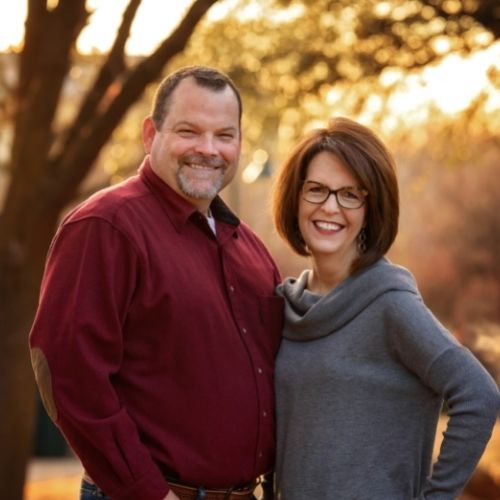Part 2 – The Challenge, Pursuit of a Godly Man
Leading up to Father’s Day, we want to have an honest conversation about what it means to be a man in today’s world. Even more than that, we want to talk about what it means to be a godly man. Rather than feeling like a fraud this Father’s Day, let’s challenge ourselves to stop hiding in the shadows and jump with both feet into the pursuit of something different, something special, something that will change our families for generations.
Godly men:
- Want to love God completely, love themselves correctly, and love others compassionately;1
- Rescue and protect others;
- Want help to understand their own soul;
- Don’t do life alone;
- Are discovering their purpose.
Love God Completely
This is the essence of the biblical message that starts in Deuteronomy 6:4-6 and is repeated and elaborated by Jesus in Matthew 22:37-40. As a kid in church, I adopted the idea that what God cared about most was my good behavior. Lots of people come to this conclusion. Scripture says a bunch about obedience and the wages of sin. Consequently, a lot of energy went to those who did good, and even more went to those who did badly. Dallas Willard calls this “Sin management”, where a guy spends most of his juice trying to not sin or to stop the sinning he’s doing now. It’s a treadmill you cannot get off of and you never gain any ground. What God cares about MOST is NOT our behavior. What He cares about most is what we LOVE most. What we love most has a gravitational pull for us. We move toward or are pulled to the things we love. The thing we love most makes a thousand decisions for us every day, and for the most part we haven’t even been aware of what our “primal love” is.
If being liked or loved is my primal love, I will instinctively (as in not fully aware) move toward things that offer me opportunities for acceptance, and I will move constantly away from things that seem fraught with potential rejection. If money is my primal love, everything I instinctively think and do will be things that generate money. If we love anything more than God but say we love God the most, we are like the double-minded man who lives chaotically (James 1:6-8).
Therefore, everything pertaining to serving and worshiping God feels like a lot of work and sacrifice, and doing those things will often get beat out by the thing(s) we really do love most. HOWEVER, if we love God with all that we have, or if we even want to love God that way, HE will step in and assist us. As we grow to love other things less and focus our attention on loving God more, we open ourselves up to God drawing us toward Him more. As my love shifts toward Him, spending time with Him begins to no longer be a beat down, but the sweetest time of my day. Giving money to the church is no longer a frustration I hardly ever do, but a joy and an act of sacrifice to God. If you are loving God more, godly things become the things you do instinctively and happily. Good behavior is now the instinctive and natural outcome of love instead of a burdensome barrier that keeps us away from God.
Love Yourself Correctly
Although it seems like an addition to what Jesus said in Matthew 22:37-40, it really isn’t. Jesus said …”and love others as yourself.” He was presupposing you did love yourself properly. If you loathe yourself, this principle doesn’t work, and you can have no love for others. If you are selfish and narcissistic, you will not be open to following, let alone loving, God, so it doesn’t work in this case either. To have a healthy, correct, and biblical view of yourself is critically important, and we all need to be in pursuit of this mature and life-giving way of seeing ourselves. If you struggle with either end of the spectrum—loathing yourself or selfishness and narcissism—there is hope for healing but only for those who surrender to God and a godly community. You cannot dig yourself out of this hole alone.
Love Others Compassionately
Dallas Willard says,
“We love something or someone when we promote its good for its own sake.”2
This is very different from love being “what I desire”. When I am free enough (think love ourselves correctly) to love properly, I want the best for another even if it negatively affects me. If they want to do something bad, I want their good so much I will argue and even try to thwart them from doing the bad thing.
These three loves are not a task to perform but a worldview from which everything about us will flow. You do not achieve this kind of thing—you move toward it. Godly men move toward loving God completely, loving themselves correctly, and loving others compassionately.
- Boa, K. (1993). Handbook to Prayer: Praying Scripture Back to God. Atlanta: Trinity House.
- Willard, D and Elane O’Rourke (2016) “A Dallas Willard Dictionary: Second Edition—Revised and Expanded”

